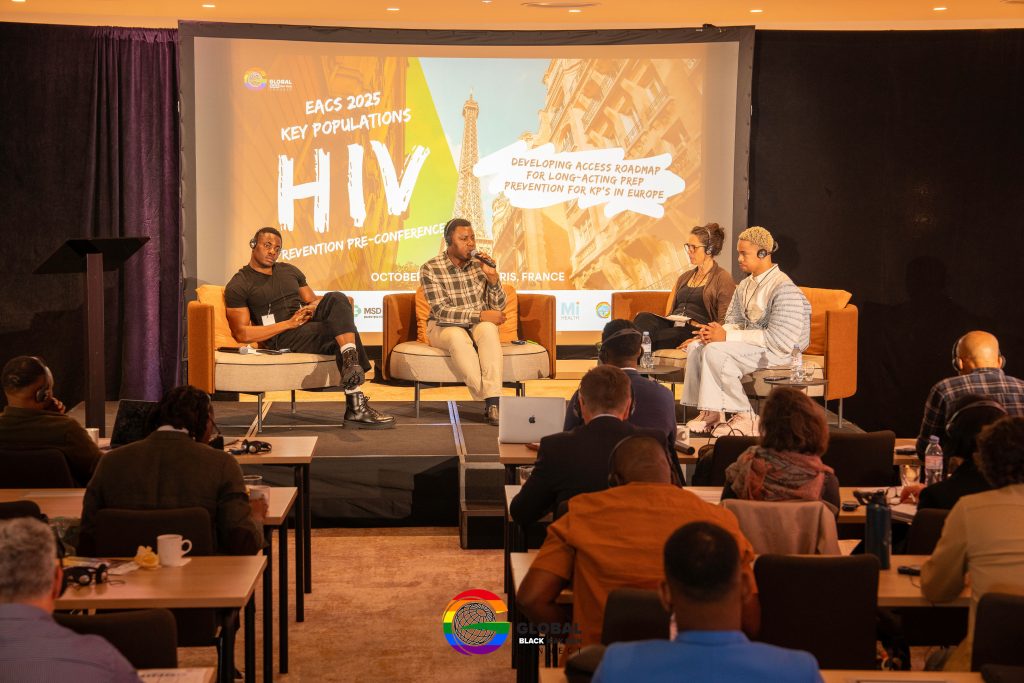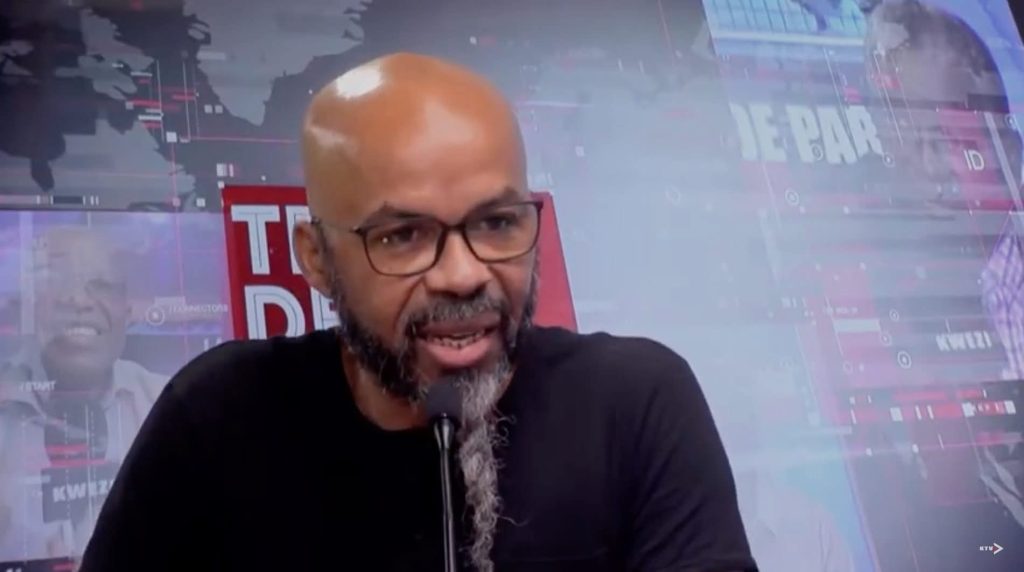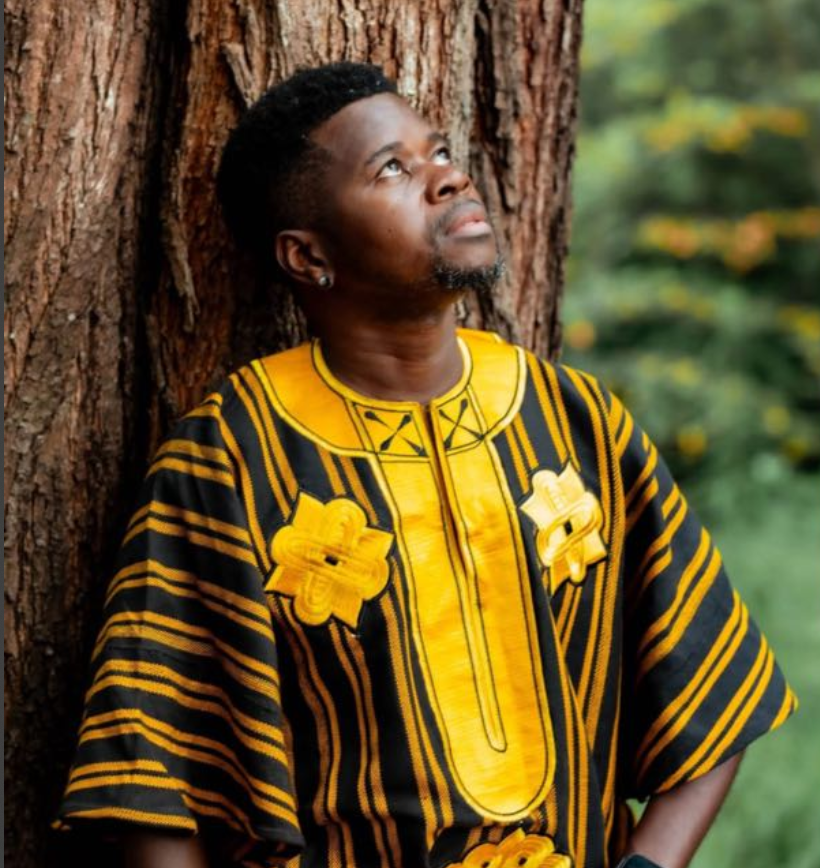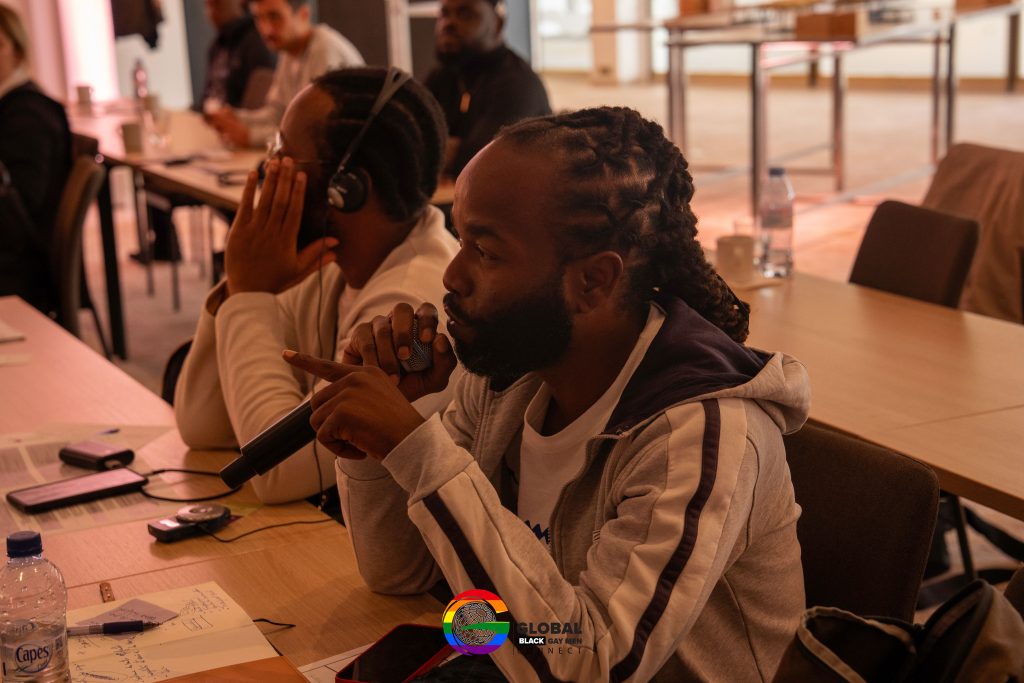As Europe’s AIDS rate climbs, LGBT+ immigrant advocates seek to boost use of PrEP
Moïse Manoël-Florisse, is an African-Caribbean online journalist keeping an eye…
Shunning top-down strategies, AIDS fighters turn to LGBT+ communities for PrEP promotion

Health care activists gathered last month in Paris to plan strategies for promoting PrEP (pre-exposure prophylaxis medications) among LGBT+ people of African descent to combat Europe’s rising rates of HIV.
The organizations Global Black Gay Men Connect and Africa Advocacy Foundation organized the Oct. 14 pre-conference, which was dedicated to developing a roadmap for access to long-acting PrEP for key populations at risk from HIV in Europe, particularly LGBT+ people of African descent, whether from Africa or the Caribbean. PrEP is a preventive treatment for HIV intended for HIV-negative individuals to avoid infection during risky sexual intercourse.
The challenge is to curb persistent HIV infections at a time when international organizations are facing drastic cuts or even the withdrawal of funding, particularly from the United States, while anti-Black racism is becoming more common and rejection of immigrants is on the rise in Europe and elsewhere.
The AIDSmap information site says that “Europe as a whole is the only region of the globe that, according to UNAIDS’ 2023 report, saw more deaths due to HIV in 2022 than it did in 2010: while deaths have halved since 2010 globally, they have risen by a third in the World Health Organization’s European region, which stretches from western Europe to central Asia.”
The main objective of the organizers was to highlight these tensions ahead of mid-October’s 20th European AIDS Conference, organized by the European AIDS Clinical Society (EACS). Three participants shared their thoughts with Erasing 76 Crimes. They are from:
- Nariké M’sada, an anti-HIV association in Mayotte, a French island in southern Africa;
- Pride Equality, an LGBT+ advocacy organization in Spain, Sierra Leone, and Guinea; and
- Safe 978, an LGBTQ+ rights organization in French St. Martin in the Caribbean.

A working meeting on HIV that fills a gap
Erasing 76 Crimes: What do you think of this day dedicated to PrEP provision among LGBT+ communities of African descent in Europe?
Moncef Mouhoudhoire, leader of Nariké M’sada in Mayotte:
This initiative is particularly relevant. It addresses an angle that is often overlooked in public health policies: PrEP and targeted prevention for LGBT+ communities of African descent, which are at the intersection of several racial, social, and health vulnerabilities. These communities are often underrepresented in European programs, even though they have higher HIV prevalence rates and less access to prevention.
Organizing a day dedicated to these communities by the communities themselves means recognizing their specific needs and lived expertise, and giving them a voice in co-constructing appropriate strategies. It is a participatory public health approach that values grassroots experience and could promote the uptake of prevention measures such as PrEP.
Strategically, the approach is also valuable because it promotes transnational cooperation between European actors. It allows community experiences, particularly those from overseas territories and the diaspora, to be combined with institutional and hospital approaches in Europe.
Finally, the initiative has a strong symbolic dimension: it refocuses sexual health on equity, representativeness, and cultural diversity. It is in line with the guidelines of the national sexual health strategy (2017-2030) and the European action plan against HIV/AIDS, STIs, and viral hepatitis.
George Freeman Browne of the LGBT+ organization Pride Equality, based in Spain, Sierra Leone, and Guinea:
Browne sees the pre-conference as “an important platform for increasing visibility, raising awareness, and promoting inclusion in the global goal of zero new HIV infections by 2030, as defined in UNAIDS’ global AIDS strategy (2021-2026) and aligned with the United Nations’ Sustainable Development Goals (SDG 3 – Good Health and Well-being).”
Both men said the meeting was scientifically relevant, socially just, and politically necessary.

Strategies from local LGBT+ communities
Erasing 76 Crimes: Coming from Sierra Leone and based in Spain, or from Mayotte, did this pre-conference resonate with your experiences and the specificities of your areas of intervention?
Moncef Mouhoudhoire (Nariké M’sada):
As someone from Mayotte, absolutely.
First, through the recognition of the specific needs of our target audiences: The day highlighted African and Afro-Caribbean populations, which overlaps with realities similar to those we observe in Mayotte.
Second, there was a recognition of local organizations: our field experience, in an island context with particular health and cultural constraints, was valued and enriched the discussions.
Finally, the participatory approach of the pre-conference, as well as the fact that it was organized by the communities concerned, demonstrates that prevention strategies should not be imposed, but co-constructed, which aligns with the spirit of many sexual health initiatives in Mayotte.
George Freeman Browne of the LGBT+ organization Pride Equality, which LGBT+ refugees from West Africa.
I felt deeply engaged by the discussions that took place, as they offer a vital opportunity to amplify the often-unheard voices of immigrants from African countries living in Europe. In cities like Barcelona, where I currently reside, there are general health services, but there are no specific intercultural health programs, nor any prevention and awareness-raising initiatives targeting Black LGBT+ people from recent immigrant backgrounds.
At Pride Equality, through a community-based approach, we strive to fill these gaps by reaching out to these often-overlooked audiences, demonstrating education and compassion.

Overcoming stigmas of using PrEP in the LGBT+ community
Erasing 76 Crimes: What are the implications of this conference for Safe 978, an organization fighting HIV in Saint Martin, on the French side of the island?
Gaël Grosol, president of Safe 978 in Saint Martin:
Debates in Saint Martin often focus on the implementation of French laws, decrees, and circulars in the local context, and in this context there is no incentive to encourage or develop reflection on how the local black population, which is in the majority, will perceive the arrival of new treatments.
Without establishing a causal link, we nevertheless observe a strong mistrust among the people of Saint Martin towards medicines, injections, and vaccines, something that is less evident among migrant populations from neighboring countries in the region, such as the Dominican Republic, where prevention messages are better received.
In fact, in our community, while people take risks, when we talk to them about PrEP in pill form, they respond that they don’t need it and that it doesn’t concern them, even though HIV transmission chains are far from drying up, particularly among men who occasionally have sex with men but do not identify as gay.
This calls for an essential reflection on the definition of key populations [those most at risk of HIV infections], because in Saint Martin, we no longer see HIV infections among sex workers from Spanish-speaking countries, whereas we do see them among the rest of the heterosexual population.
I also appreciated the discussions during the pre-conference on how certain public health tools are stigmatized because they are associated with certain segments of the population, when they would benefit from being more widely promoted to a larger audience in order to end the HIV/AIDS epidemic.
All too often, I still hear comments in coffee shops from people arguing that PrEP is the preserve of psychologically unstable, promiscuous individuals with multiple partners, when this is far from being the case. For example, injectable PrEP is ideal for those who want to travel with peace of mind without having to worry about renewing their prescription to obtain a new box of medication, especially if they are abroad.




